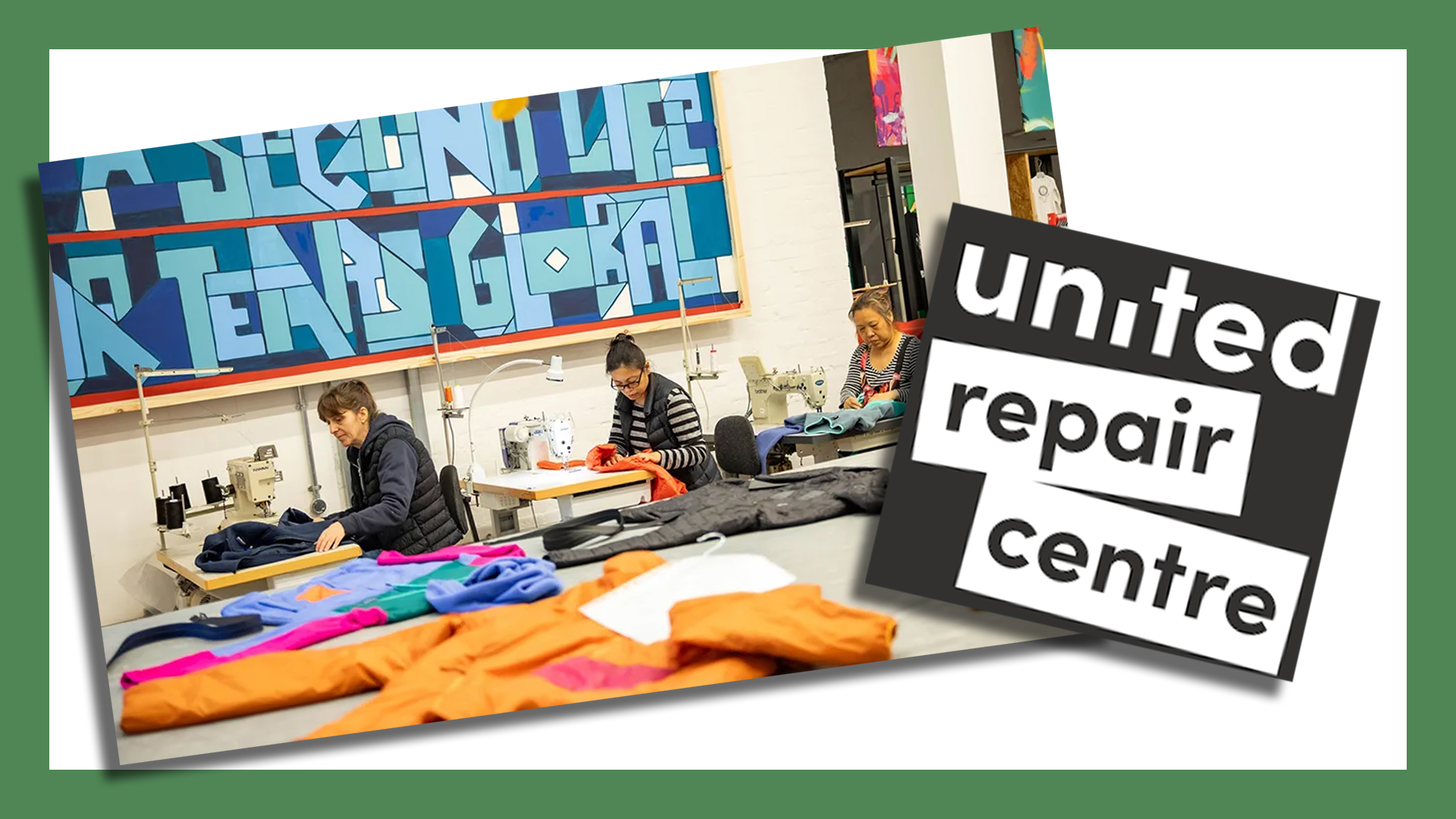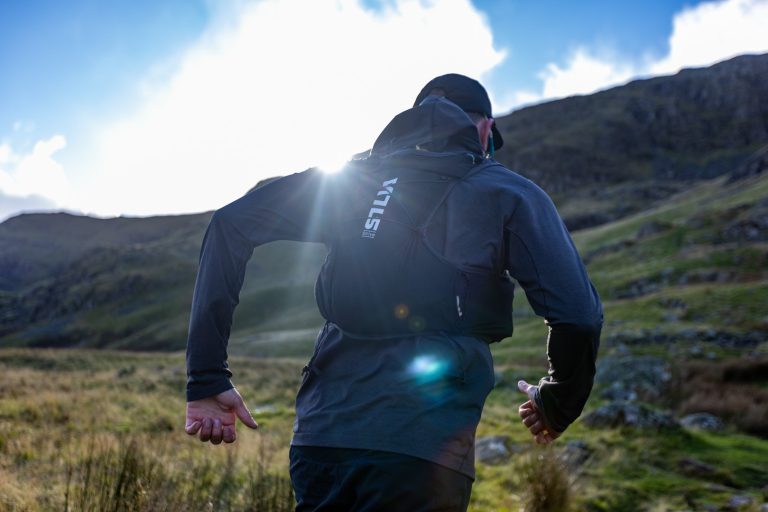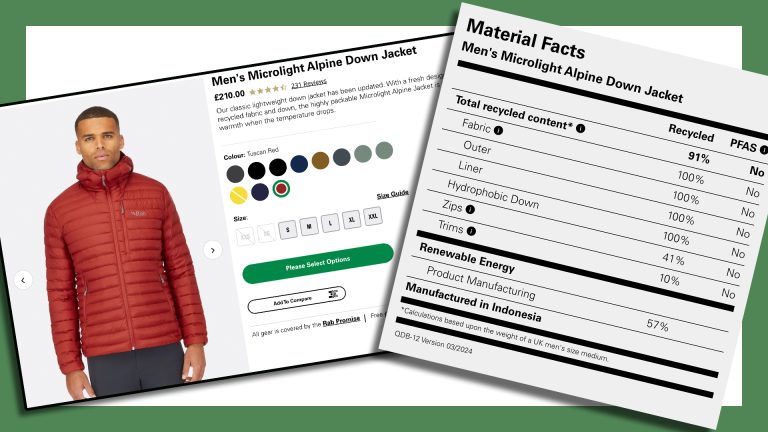With 55% of shoppers now considering the environmental impact of apparel before parting with their hard-earned cash, brands are having to adapt to increasing demand for a more circular clothing industry. Take-back schemes where brands buy and re-sell used clothing are becoming more commonplace. You might have spotted outdoor retail giant Decathlon’s Second Life section, for example; a pick-and-mix of lightly used items, many store returns with minor signs of adventure, and priced accordingly. Schemes like these often rely on recycling-partner businesses to breathe new life into used clothes, and that’s where United Repair Centre (URC) comes in.
Following the success of their flagship site in Amsterdam, URC expanded into the UK in 2023 as part of a collaboration with Patagonia and social enterprise Fashion Enter, setting up shop in Haringey, London. The centres offer repair and reselling of pre-loved apparel, as well as creating new products where the original item is no longer usable in its current form. To date, the centres have diverted 12 tonnes of textile from landfill, repaired 30,000 garments and prevented 70.680KG of CO2 emissions, as well as working with a number of leading outdoor and activewear brands including Rapha, lululemon and Kathmandu.

URC’s business-to-business (B2B) services mean that brands and retailers can offer consumers alternatives to buying new, either by re-selling directly or through the repair centre itself. Unsold or returned items are renewed by expert tailors before being sent back to the brand, ready to go on the rails. Garments are even returned to brands in the original boxes or bags they arrived in. The process ensures that perfectly usable, saleable clothes aren’t simply doomed to languish in a warehouse or worse, landfill, and customers have the chance to purchase at a lower price-point and with a lower environmental impact. But it isn’t all about clothes…
One of the pillars of URC is its social impact. After observing the high unemployment rates among refugees in the Netherlands, CEO Thami Schweichler established a social inclusion programme within the company. The programme aims to empower marginalised communities through employment and training, providing local opportunities to first-time jobseekers, young adults and those who have found themselves distanced from the labour market. The centres offer a training scheme – The United Repair Academy – which is open to anyone with an interest in garment repair, inclusive of those without formal education or employment experience and can lead to a paid position within the company.
Ultimately, URC’s vision is to facilitate a shift in the global clothing industry by unpicking perceptions of ‘waste’ and creating social impact. By making repairing not only ethical but standard practice, URC is crafting a more sustainable, circular apparel industry that’s made to last.
Find out more about the organisation at unitedrepaircentre.com






